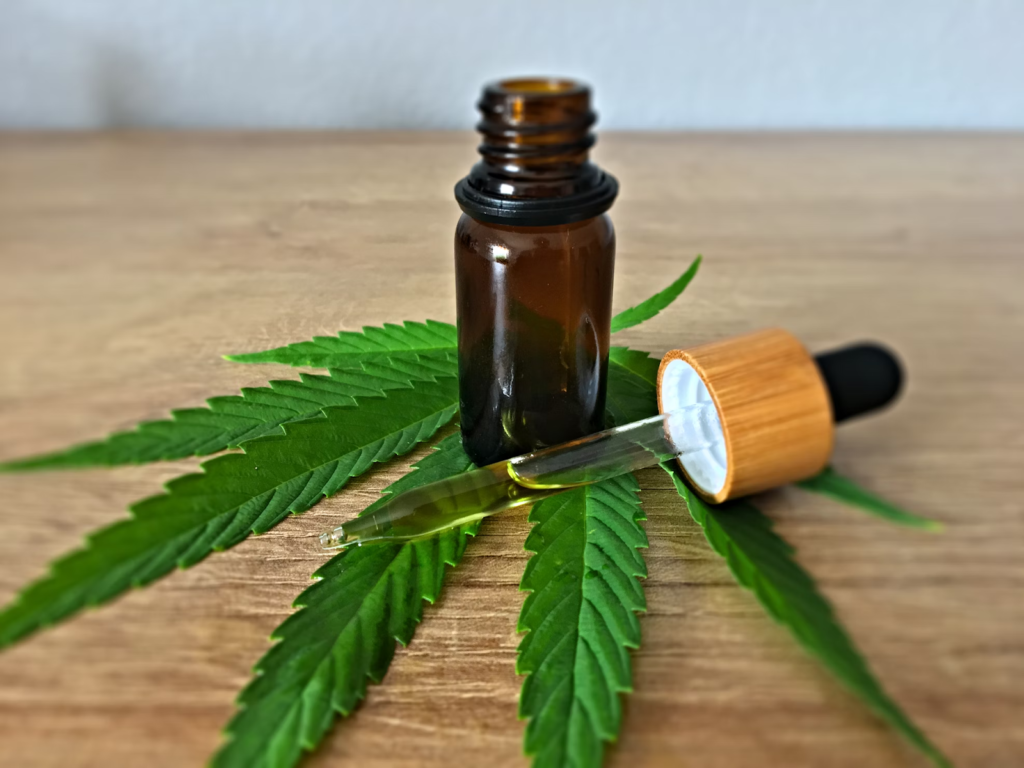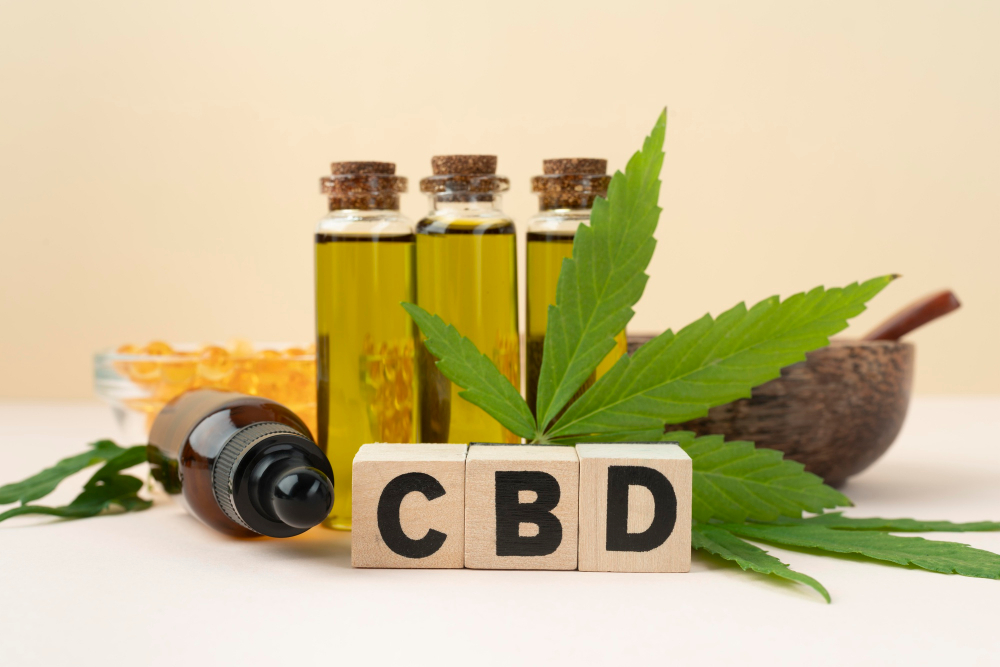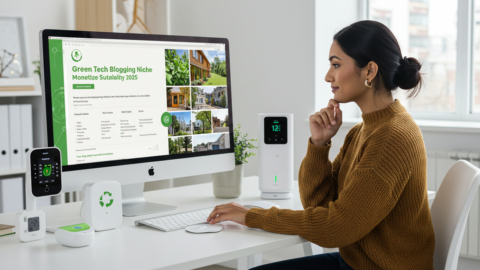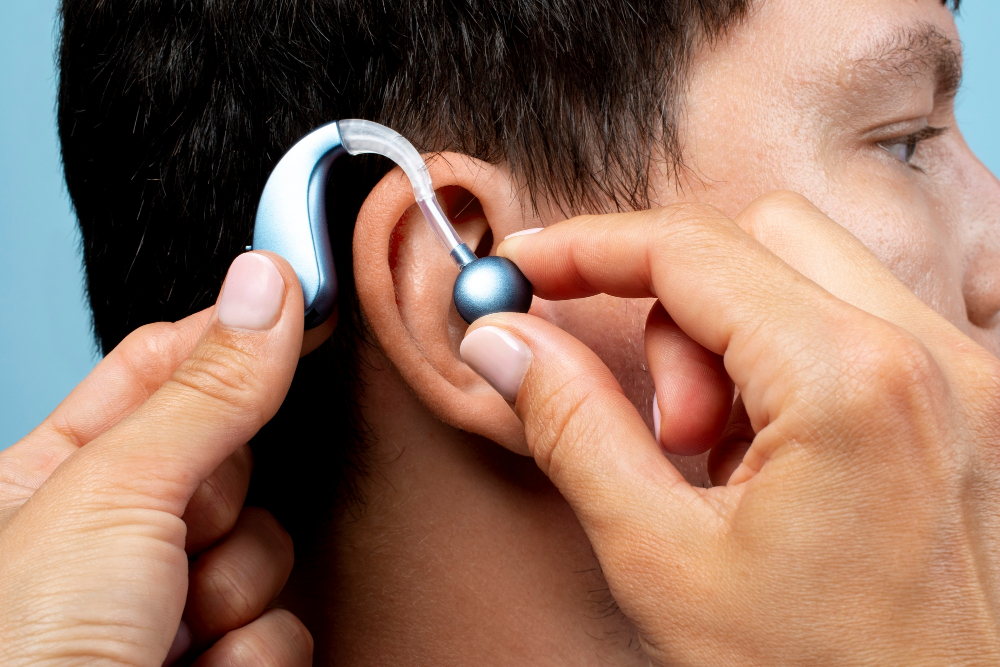5 Key Factors to Consider When Buying CBD Oil Kopen
CBD oil can provide excellent benefits, including better sleep, decreased stress, and pain relief. However, buying CBD oil requires extensive research. After all, you want to purchase from a reliable provider who cares about product quality and, by extension, their customers.
Cutting through the noise can be challenging since many CBD oil providers exist. However, the following factors can help you narrow your options and pick your favorite. Here’s what to consider.
1. CBD Oil Extraction Method

Image Source: Pixabay
CBD oil comes from the hemp plant, including its stem, leaves, and flowers. Extracting it involves complex methods to separate CBD and other cannabinoids. The most prominent include CO2 and solvent extraction.
However, extracting CBD using liquid solvents requires chemicals like butane, ethanol, hexane, and propane. They help dissolve cannabinoids but leave harmful residues, requiring extensive purification. Still, the result isn’t high-quality CBD oil.
On the other hand, CO2 extraction ensures top-notch CBD oil without impurities. It involves extracting the hemp plant’s active ingredients using steam to distill them and produce pure, chemical-free oil. Afterward, the process includes separating CBD using pressurized CO2 at low temperatures.
Therefore, ensure your chosen provider for CBD olie Kopen uses CO2 extraction to make CBD oil. It’s the gold standard for safe products.
2. Ingredients
Your CBD oil should have natural ingredients without preservatives, artificial flavoring, and other additives. CBD products are plant-based, making them vegan. They’re also gluten-free because hemp doesn’t contain gluten. However, some manufacturers may use their machines for other products, leaving unwanted residues. Checking the label is crucial, primarily if you’re allergic to specific ingredients.
The product label should also specify the CBD oil type, including:
Full-spectrum CBD – oil with all hemp constituents, including CBD, THC, terpenes, terpenoids, and flavonoids
Broad-spectrum CBD – oil with all hemp compounds except THC
CBD isolate – oil with pure CBD and no other hemp constituents
Full-spectrum CBD oil may contain THC, but the concentration is negligent. It should fall within the legal range if your product comes from a reputable provider. Here’s more about it.
3. THC Concentration

Image Source: Unsplash
The legal THC content in CBD oil is a maximum of 0.3% (0.2% in some countries). If CBD oil’s label shows that percentage, the CBD source is industrial hemp, so double-check before buying. That trace THC amount ensures no psychoactive properties.
Anything higher than 0.3% THC indicates an illegal source. For instance, marijuana can contain up to 30% THC. Therefore, ensure your chosen vendor offers hemp-derived CBD oil from legal, industrial hemp farms.
Remember to check for THC concentration even when buying broad-spectrum CBD oil and CBD isolates. You know they should contain no THC, but what if a provider cuts corners to make more products in a shorter period and shave expenses? They might not use CO2 extraction or fail to purify oils to ensure no THC falls through the cracks.
How can you know? Your CBD oil’s label won’t tell you. That’s where a CoA (Certificate of Analysis) comes into play. It’s a verified document lab draft after product testing, listing all ingredients and their concentrations.
4. Third-Party Lab Testing
Independent labs don’t let bias come in the way. They test products using advanced scientific methods and document their findings in detail to ensure maximum transparency.
When a third-party lab tests a CBD oil product, they provide a CoA with all the ingredients and their potency. They also conduct thorough testing to check for contaminants. Those may include residual solvents, pesticides, heavy metals, and other harmful substances that have no business being in your CBD oil.
A trustworthy CBD brand makes every product’s CoA public because they have nothing to hide. They want to build credibility and trust and assure customers that their products are safe, legal, and high-quality.
If you can’t find the CoA on a provider’s website or they refuse to share it, you might want to look in another direction.
5. Brand Reputation

Image Source: Freepik
Third-party lab test reports may showcase a CBD brand’s transparency, but don’t stop there when looking where to buy CBD oil. Dig deeper to learn more about the provider and ensure nothing smells fishy.
Customer reviews are your best allies. They can speak volumes about a specific brand, helping you make an informed decision. However, don’t unquestioningly trust the reviews on a vendor’s website. Unfortunately, they aren’t always authentic.
Sift through review sites with genuine information from verified purchases. They’ll tell you all about various CBD oils, including first-hand experiences. You can also gain insight into a brand’s customer service, shipping policies, etc.
Social media platforms are also excellent information sources. Besides users’ comments, you can explore various CBD brands’ customer interactions and posts. For instance, they may share their certifications or awards and details about their CBD oil sources, CBD extraction methods, quality control, etc.
Conclusion
Buying CBD oil shouldn’t be a hasty process. The factors above will help you purchase wisely, choosing a reputable brand that puts quality and safety first. They’re your best bet for choosing high-quality CBD oil and enjoying all its potential benefits.









